story by Cecilia Butler, photo by Emma Wheatley
The hands of the girls in Mike Egner’s fifth hour American history class vary. Some have their nails filed and trimmed; others have intricate doodles on their palms. Some hands bear reminders or notes, and others have nothing at all. The story of STA junior Katie Crow’s hands is different than the rest of those in her class.
It started Easter break of Crow’s freshman year. She sat at the desk in her room with her supplies laid in front of her.
She had cleaned and shaved the top of her left hand. A sewing needle, thoroughly wrapped in thread, stared at her from her desk, along with a cut-open black Sharpie. She dipped the tip of the sewing needle in the Sharpie’s filter so that the black ink absorbed into the thread. She then began to poke. And poke. And poke.
Crow was giving herself her first tattoo. Her first real, permanent tattoo.
Two years and 10 additional tattoos later, Crow reflects on this experience and cringes.
“The first time I ever [gave myself a tattoo] was really, really horrible. It was red and disgusting,” Crow said.
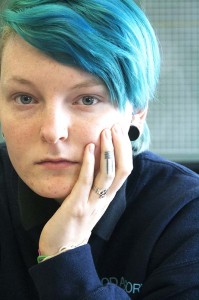
Crow redid her first tattoo with India ink and began using large amounts of antibacterial soap and hydrogen peroxide. She engraved seven of her 11 tattoos herself, all but one having a specific meaning.
Senior Samantha Zuehlke, from Sacred Heart High School in St. Louis, has a tattoo of her own. A tiny heart had been inked into her ankle on her eighteenth birthday. The tattoo was on her ankle is identical to her mom’s.
Zuelke and Crow agree on the idea that tattoos should have meaning, rather than be solely for physical attraction. “You get something that symbolizes something for you. It is a way to show your personality,” Zuehlke said.
Crow wants her appearance to portray her inner self, simply so that she would feel more comfortable in her own skin.
“Sometimes I just have the urge to have another [tattoo],” Crow said while taking off her sock to look at the 3-inch, black feather on her left foot. “It’s like I feel incomplete.”
Crow believes her tattoos reflect her true personality. Therefore, she does not want to disguise them, but rather, openingly display them to others. Contrary to Crow’s beliefs, many individuals with tattoos find the need to hide them from the public eye, inking their bodies in places that can easily be covered.
“I don’t think the stereotypes from tattoos will ever go away,” Zuehlke said. “Some relate tattoos to gangs and drugs rather than art.”
Junior Zoe Krygiel is waiting until she is is 18 to get a professional tattoo, and plans on getting one that can be easily hidden.
“My dad can hide his [tattoo] for when he has to look professional,” Krygiel said. “I want to get them in a place where I can hide it too.”
Krygiel plans to disguise her tattoos in order to maintain a formal appearance due to her beliefs that tattoos can alter others opinions of another person, especially in job situations.
“I don’t have a job,” Crow said, lifting up the sleeve of her left forearm to look at the words: “It is written” upon her arm. “A lot of people don’t want to hire someone that looks like me. I’m a teenager with a mohawk and I have a bunch of piercings and tattoos.”
Crow, however, wants potential employers to respect her personality and value her for her work ethic, rather than her physical appearance.
“A lot of people who say that you can have this job but you have to have your hair dyed a normal color, or you have to take out all of your piercings,” Crow said. “But I’ve never stood for that. None of this affects my work ethic, so there is no reason for me to change it.”
She smiles and lifts the pointer finger of her left hand, neatly inked into her skin is a small mustache. “It’s the only one that doesn’t mean anything,” Crow said. “But I still like it.”




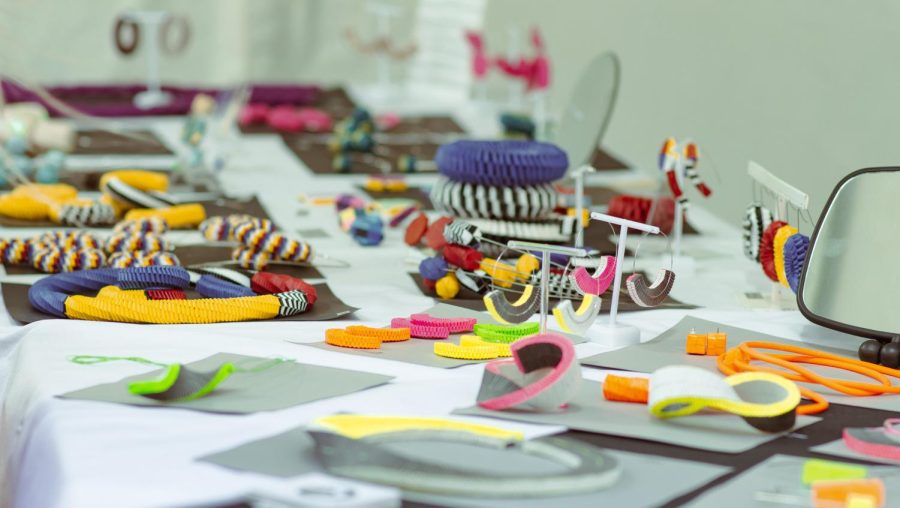

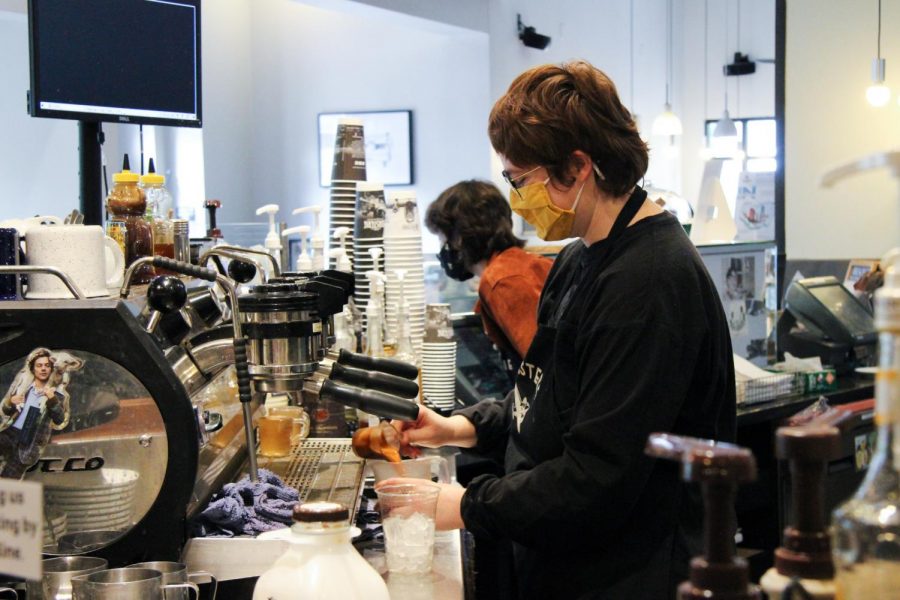
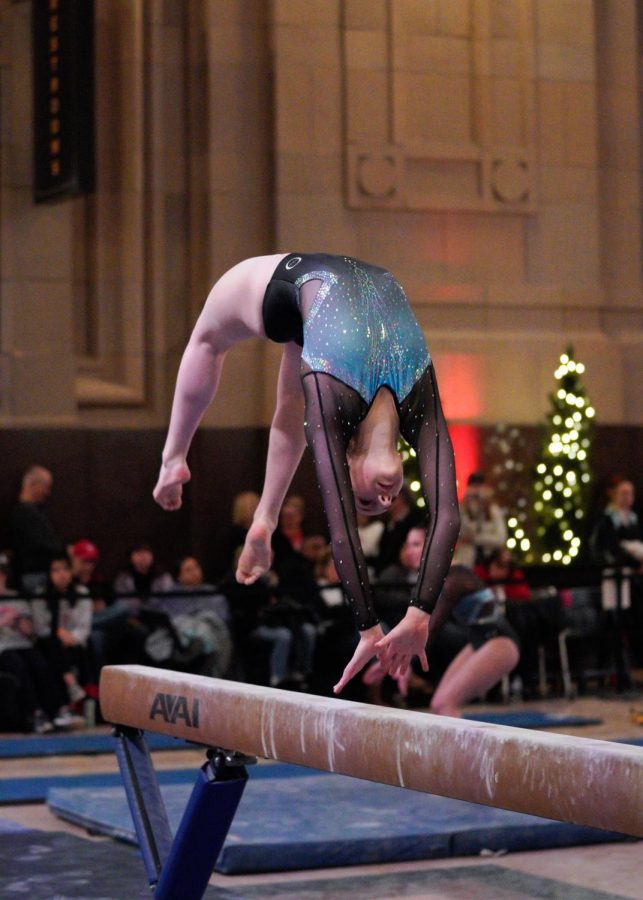

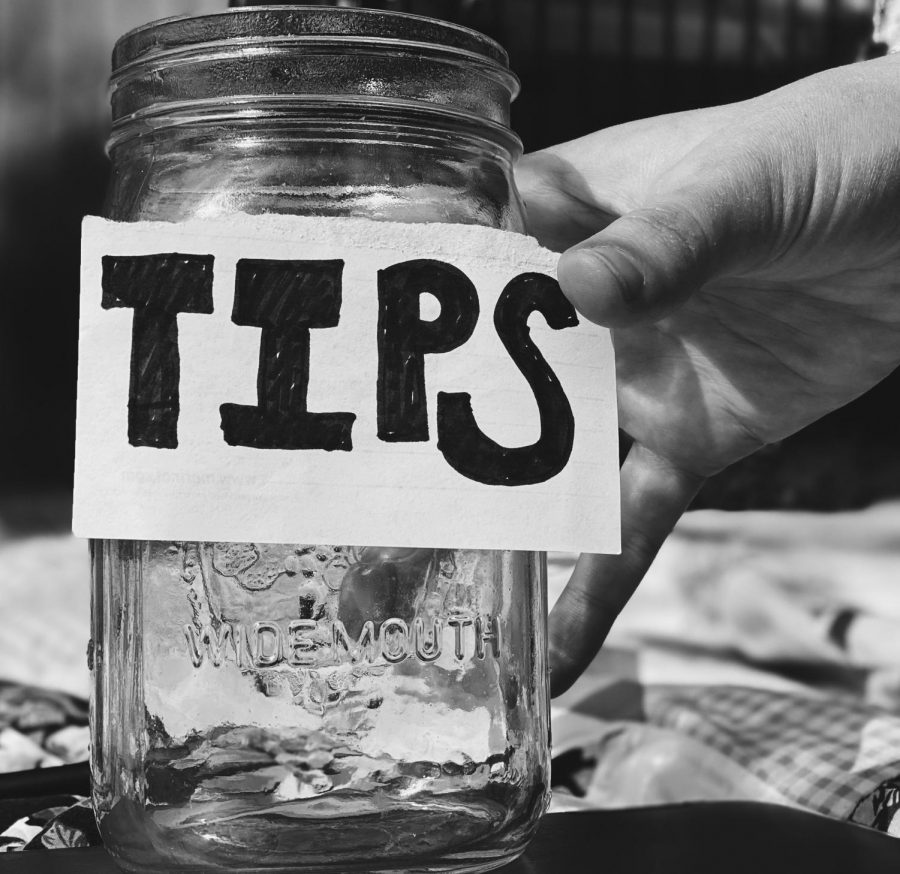
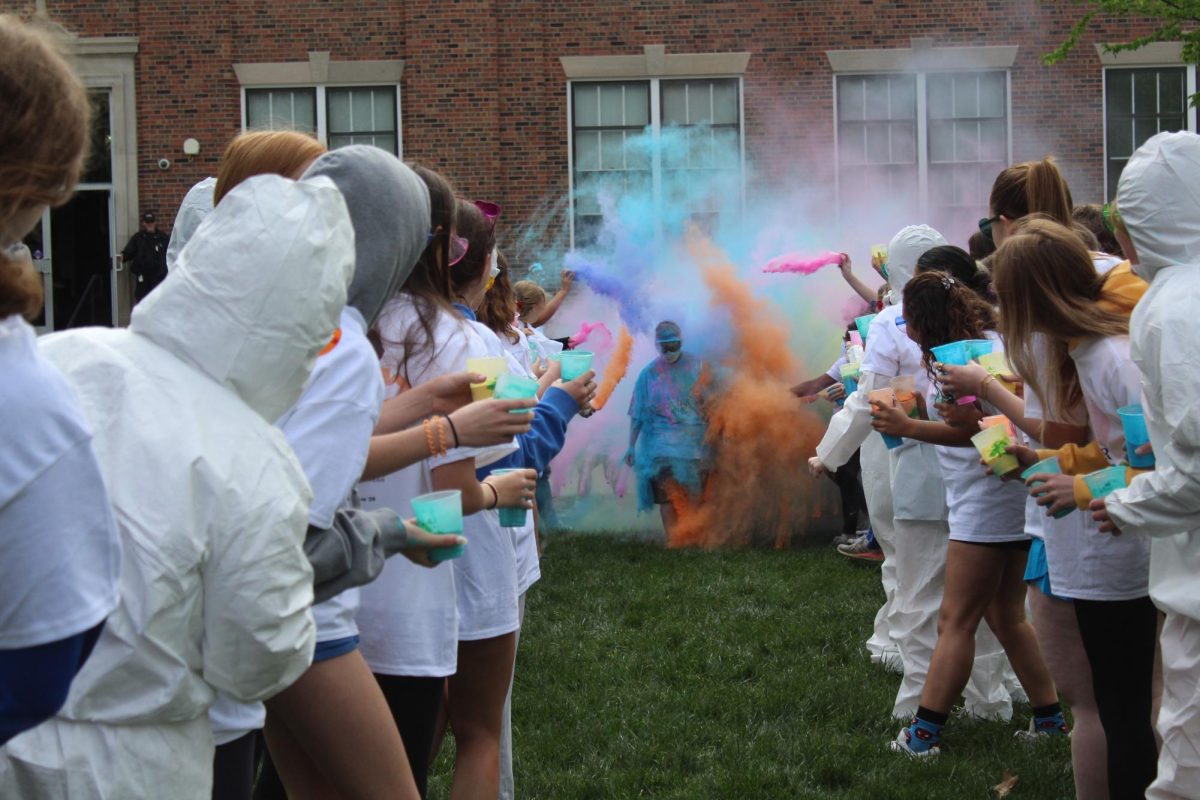
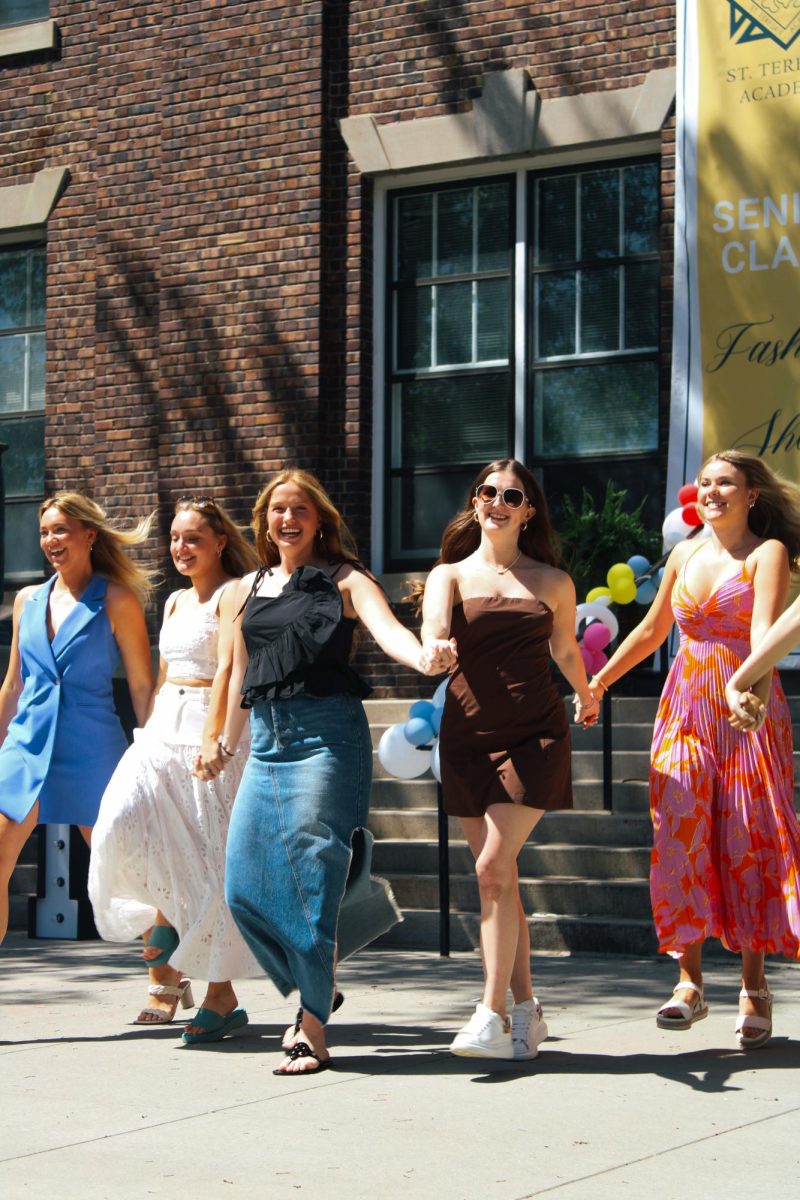



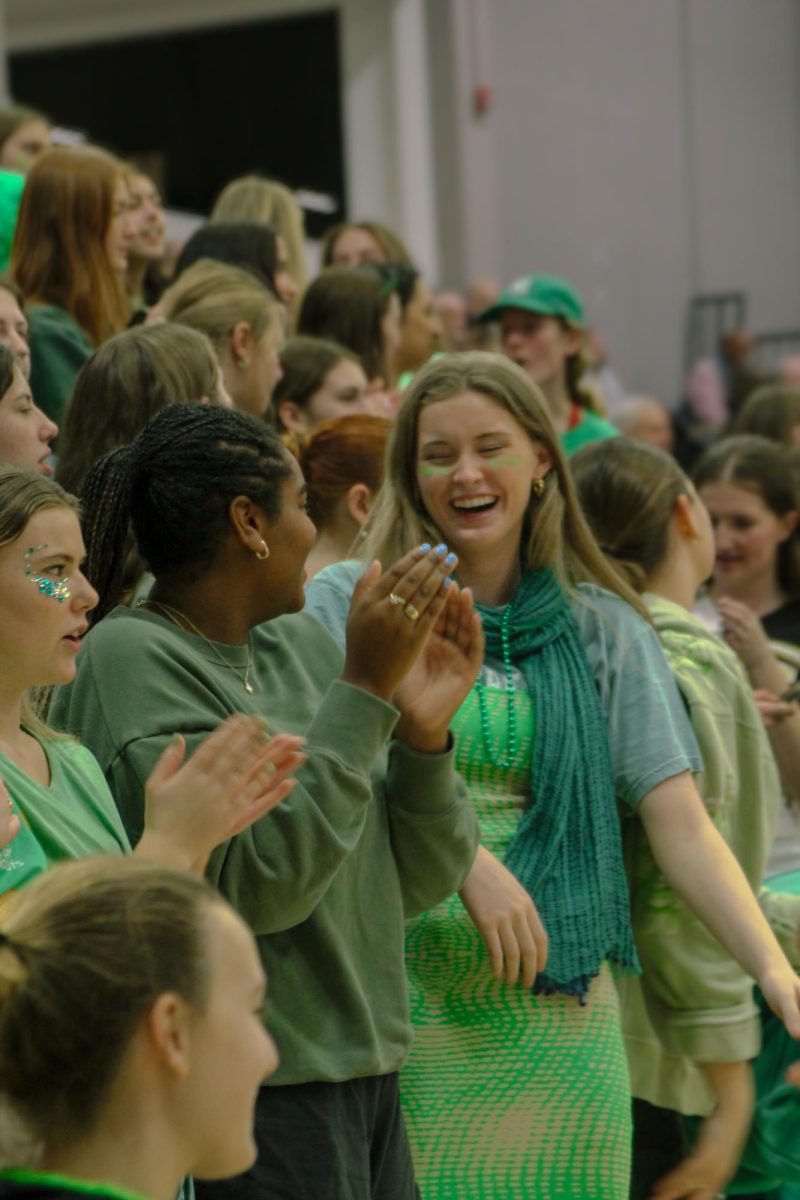
Ethan • May 14, 2013 at 10:15 pm
This article is truly well-written… I really admire the articles on dart news. They all sound very professional, and I often find myself pleasantly surprised at their tenacity and structure. Keep it up, STA.